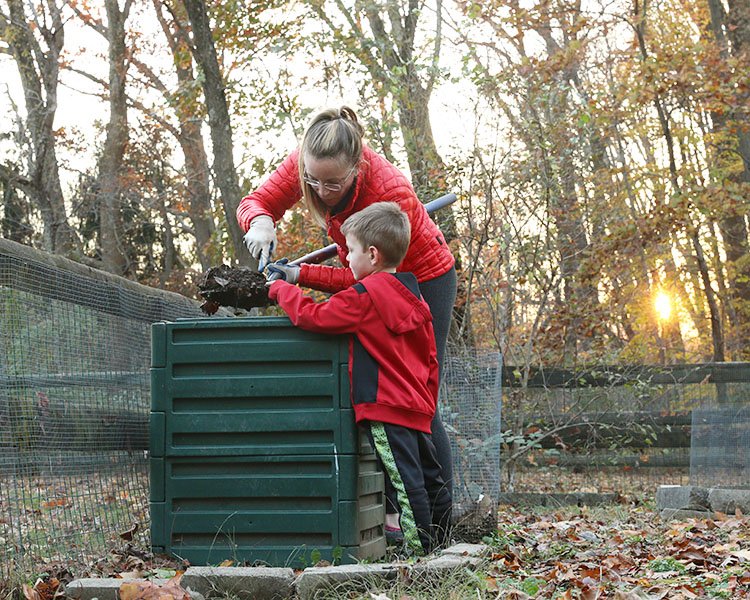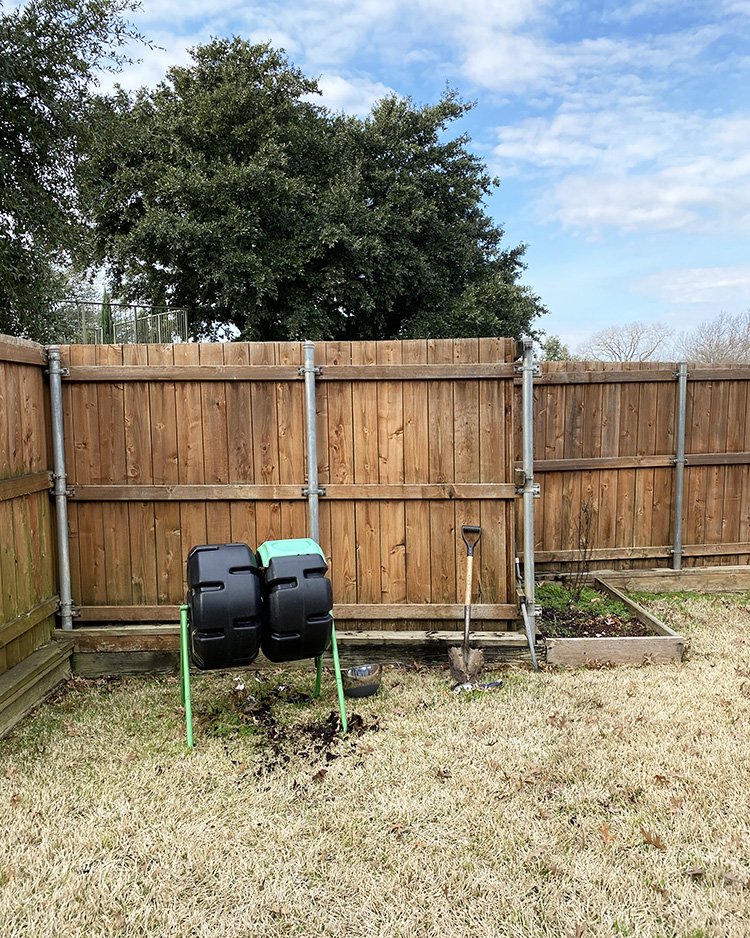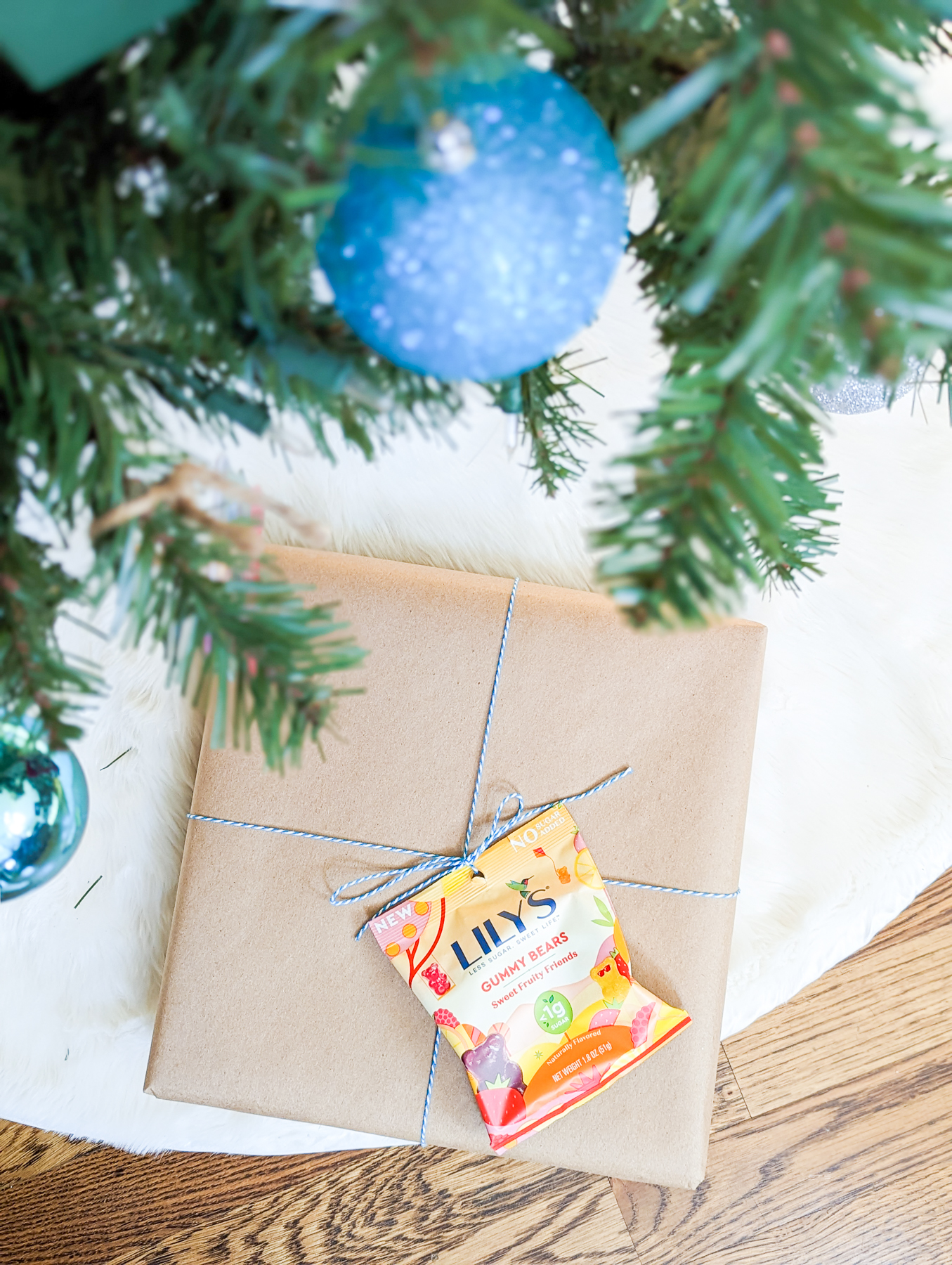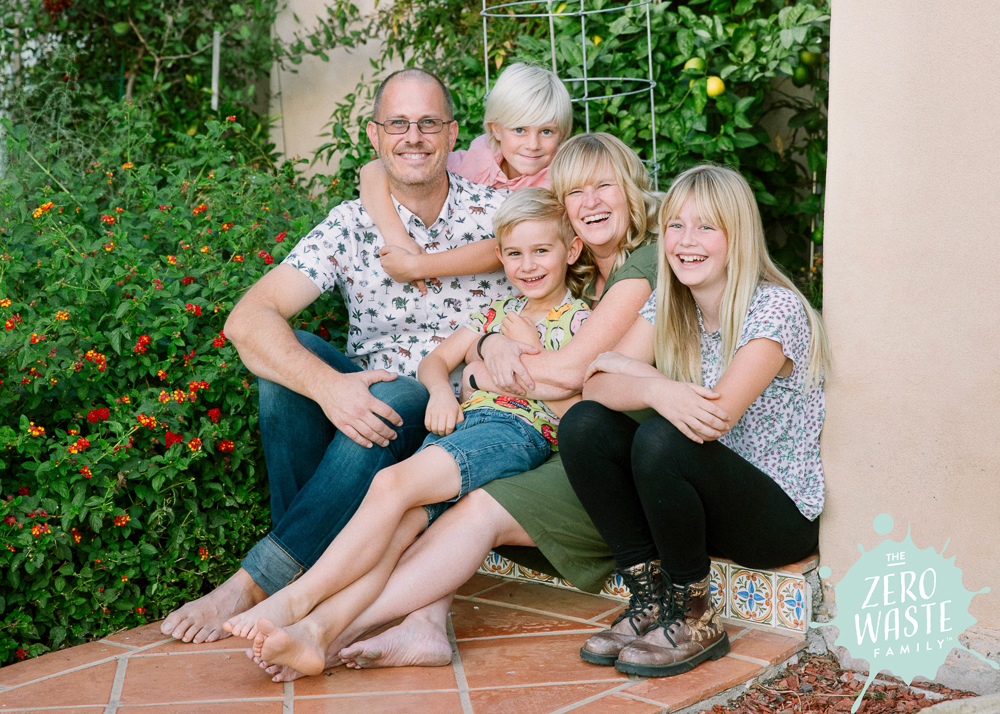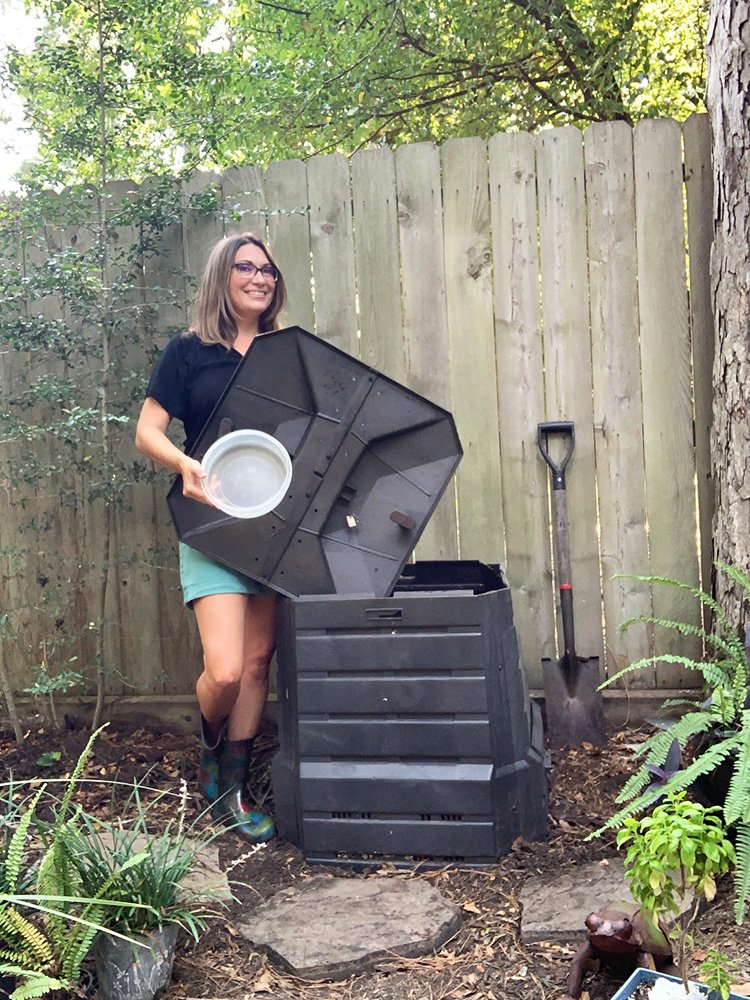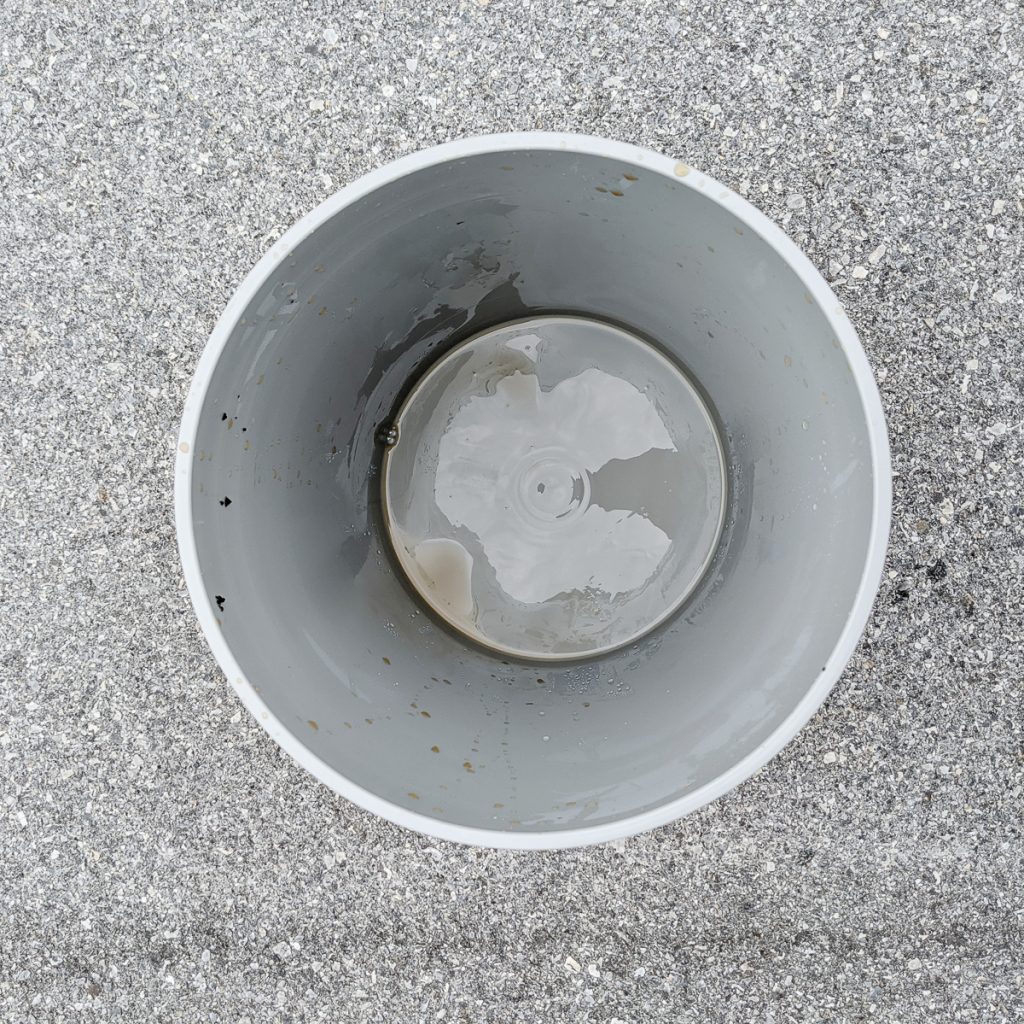What Can You Compost From Valentine’s Day?
Have a growing collection of Valentine’s Day tchotchkes? Wondering which of those Valentine’s Day items can go in the compost bin? Read on for details on eco-friendly Valentine’s Day and which items can land in your compost bin.
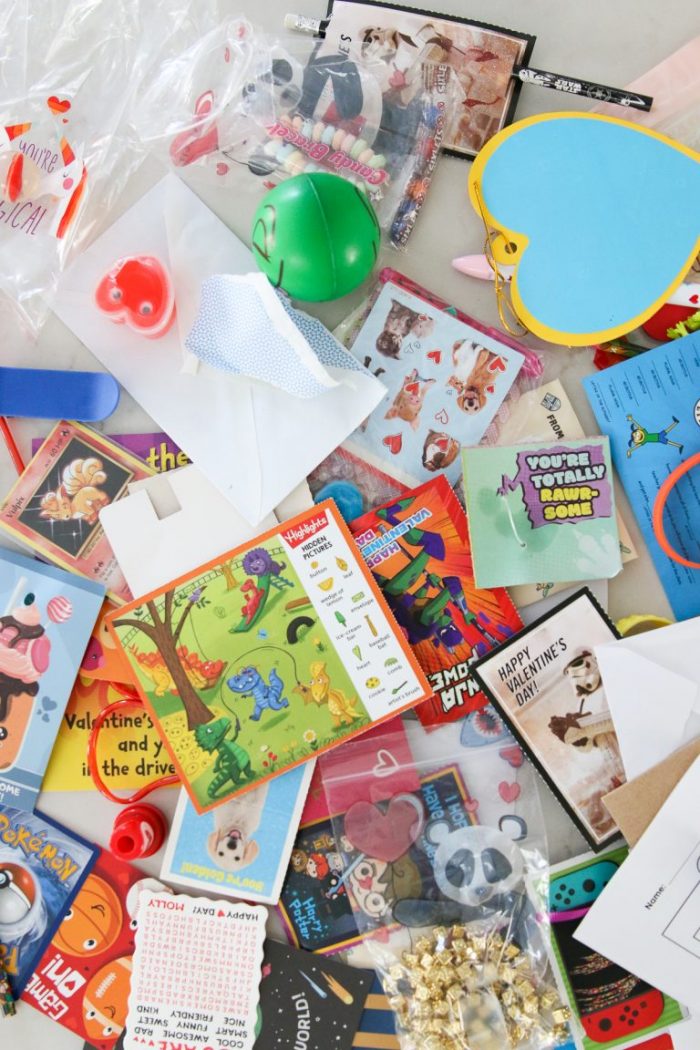
Get out the glitter and glue. It’s Valentine’s Day and kids across the country have Valentine’s Day card collection bags and boxes to decorate for the affectionate festivities. If your kids’ schools partake in the pomp and parties of Cupid’s big day, you’ve got a plethora of sugar and trinkets headed home post-shindig.
If you’re a compost fanatic like those of us at WasteWell, you’re bound to cringe at the bags of lollipops and candy hearts amid a plethora of plastic lurking inside those collection bags. The bouquets of imported cut flowers covered in plastic next to the clamshells of chocolate-covered strawberries cue angst in your heart too. Amid all the material consumption on this holiday dedicated to the very intangible emotion of love, can we at least compost some of this Valentine’s Day stuff?
What Can You Compost From Valentine’s Day?
Let’s leap into the landfill of lovely sweets, treats, and stuff to find out what we can compost from Valentine’s Day.
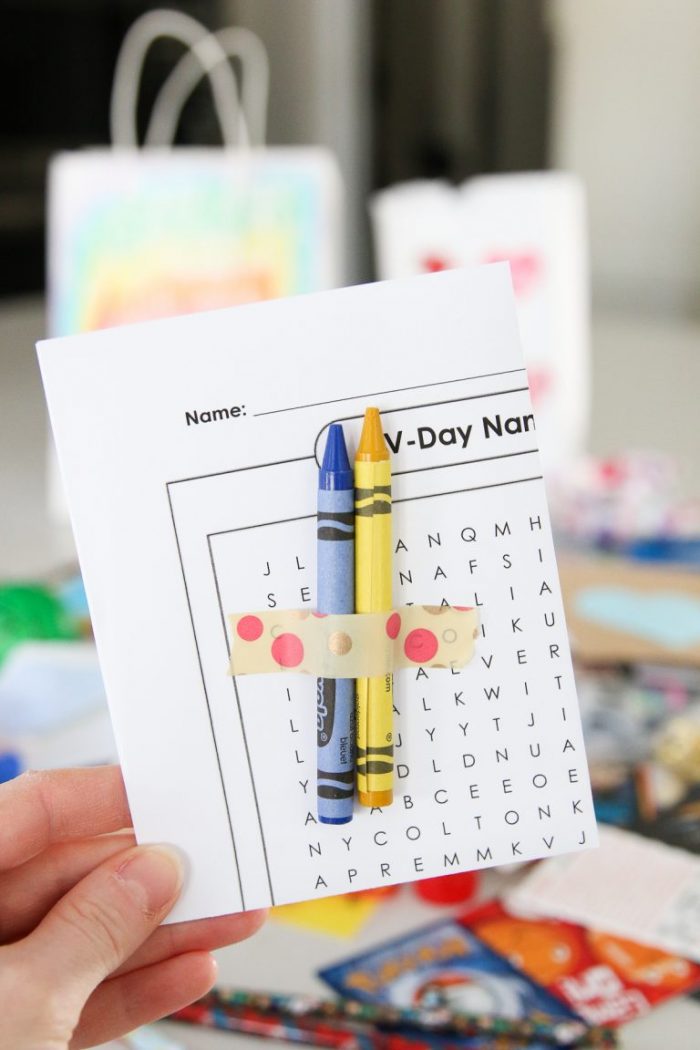
Flowers
Yes. As you might expect, you can compost flowers and plants.
If you’re adding flowers or plants to a cold composting backyard compost system, you may not want to add diseased flowers to the pile. Unless temperatures get quite hot to kill the bad bacteria, diseased plants can contaminate your compost bin. However, so long as your flowers are healthy, they will make a great addition to the compost heap.
As a word of caution, for those of you who are generally eco-conscious, cut flowers are not, a very sustainable gift. If you can purchase fresh flowers from a local supplier without excessive plastic packaging, they could be a great sustainable gift option.
However, most bouquets, like those purchased from grocery stores and big-box stores are shipped long distances across continents to fulfill floral desires long out of season for most regions. Cut flour bouquets often have fairly high carbon footprints, so keep this in mind when choosing gifts for Valentine’s Day. Day.
A plant or a bouquet of local flowers purchased from a local farm or a farmer’s market may be a better alternative.
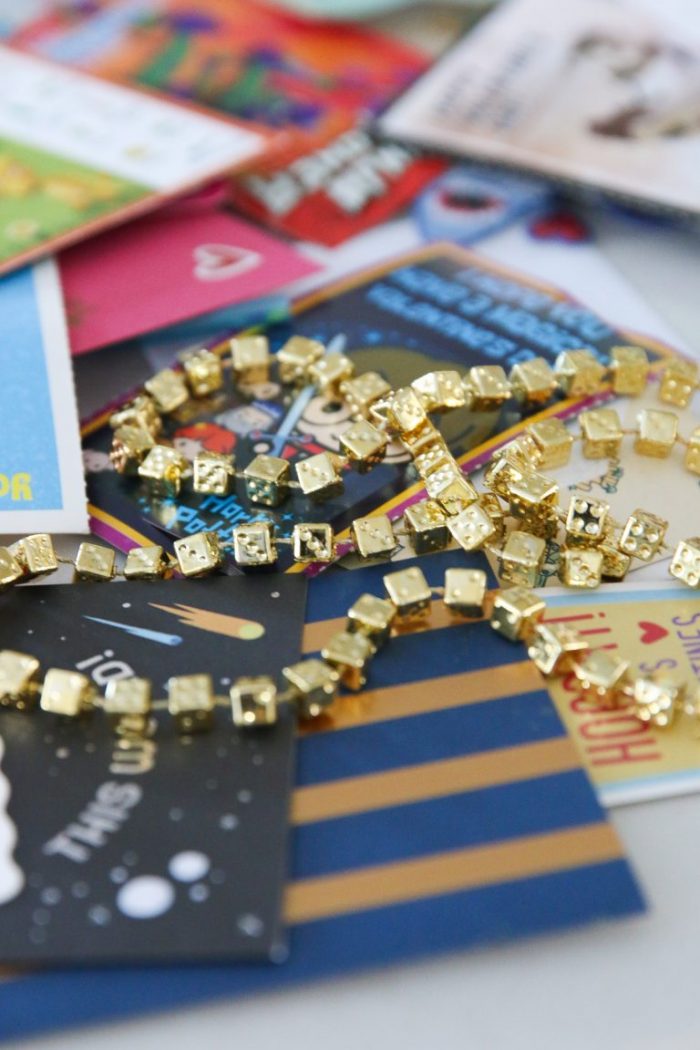
Chocolate + Chocolate Wrappers
Yes and maybe.
As an edible product, chocolate is definitely compostable. We have some chocolate fanatics on our WasteWell team, so we’re not sure why chocolate would end up in a compost bin. But we’re not passing judgment.
If you have extra chocolate or chocolate items that are no longer tasty, you can definitely toss them into your backyard compost bin or put them in your compost bucket to be processed at an industrial composting facility.
Most chocolate packaging is not compostable. Many chocolate treats come in plastic packaging, and plastic is never compostable. If the chocolate boxes are made of cardboard, then you can tear them up and compost them. However, if the cardboard or paper board has a glossy sheen on it, this is no longer compostable.
Foil wrappers are recyclable if you ball them up into bigger clumps, and it’s especially helpful if you put them into something like an aluminum can so they are more easily sorted at recycling facilities.
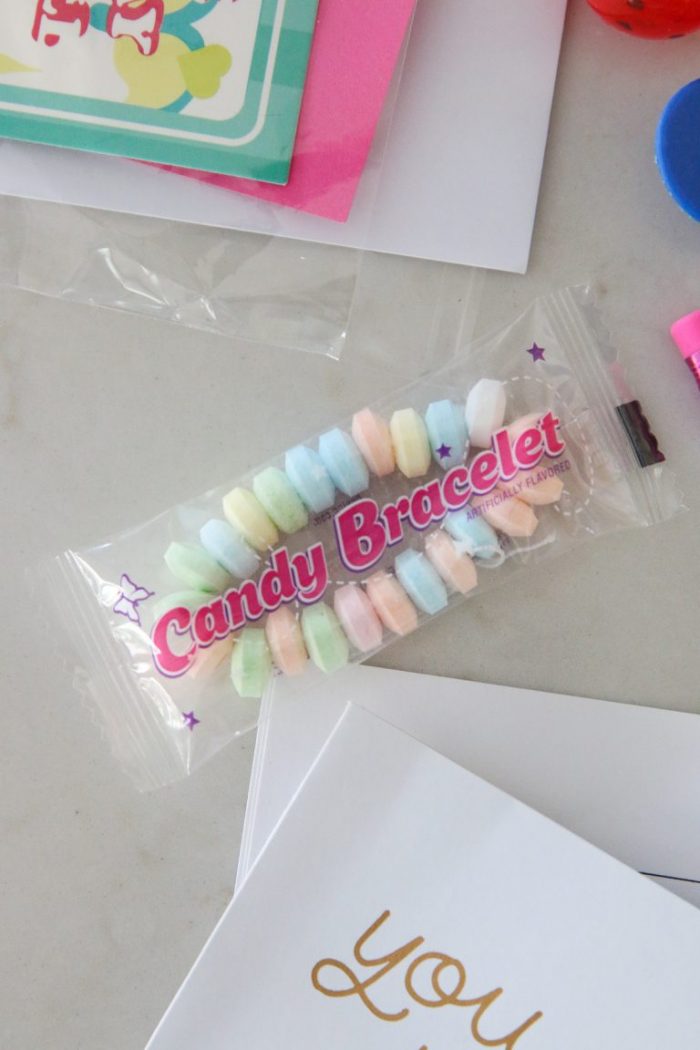
Candy Hearts + Candy Heart Boxes
Yes and probably not.
If it’s edible, you can compost it, so candy hearts won’t contaminate your compost bucket. We recommend keeping certain foods, like meat and dairy, out of compost bins at home only because they take a long time to break down and are more likely to attract pests to your pile. Candy hearts, however, will decompose just fine.
Whether or not the box is compostable depends on the material of the box. If it is made of paperboard or cardboard and has a matte appearance, you can compost it. Rip it up into a few small pieces and toss it in with your food scraps.
If the box has a sheen on it, like cracker and cereal boxes often do, it’s not compostable and belongs in the recycling or the trash (depending on your local recycling regulations).
If the box has a clear plastic “window”, that heads to the trash too.
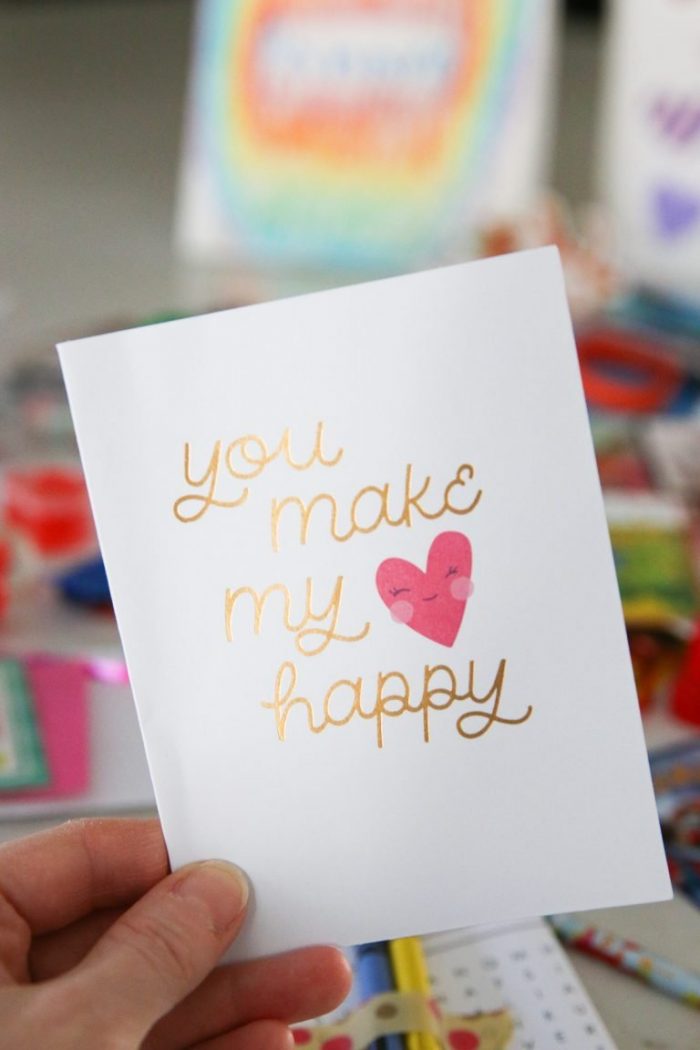
Valentines + Greeting Cards
Some Valentine’s and greeting cards can be composted. However, most have the telltale glossy sheen or are adorned with glitter, sequins, or other microplastic embellishments that contaminate compost. Thus, most valentines and greeting cards belong in the recycling or the trash. We’ve taken a deeper dive into the details of composting valentines and greeting cards in a separate blog post. Check it out to learn more about composting valentines and greeting cards.
Envelopes
Yes. Provided the envelopes don’t have stamps or stickers on them and are clean except for written marks, you can compost greeting card envelopes. If the envelope has a plastic window in it, you should remove that piece of plastic before adding the envelope to the compost feedstock.
Stickers
No. Stickers are typically made from plastic, which is not compostable. They won’t break down with the rest of the organic matter. You’ll have nearly finished compost with a few sticker stragglers in your garden gold. That’s a bummer (and you’ll want to sift these out if you find them).
Produce stickers are the peskiest problem in the sticker family, even though you probably won’t acquire many thanks to Valentine’s Day gift exchanges.
That being said, certain companies have started to make compostable produce stickers. Presumably, creative and eco-conscious companies may start to make decorative stickers that are also compostable. If the packaging specifically states that the stickers are compostable, it’s your compost pile. For the most part, however, stickers belong in the trash after use.
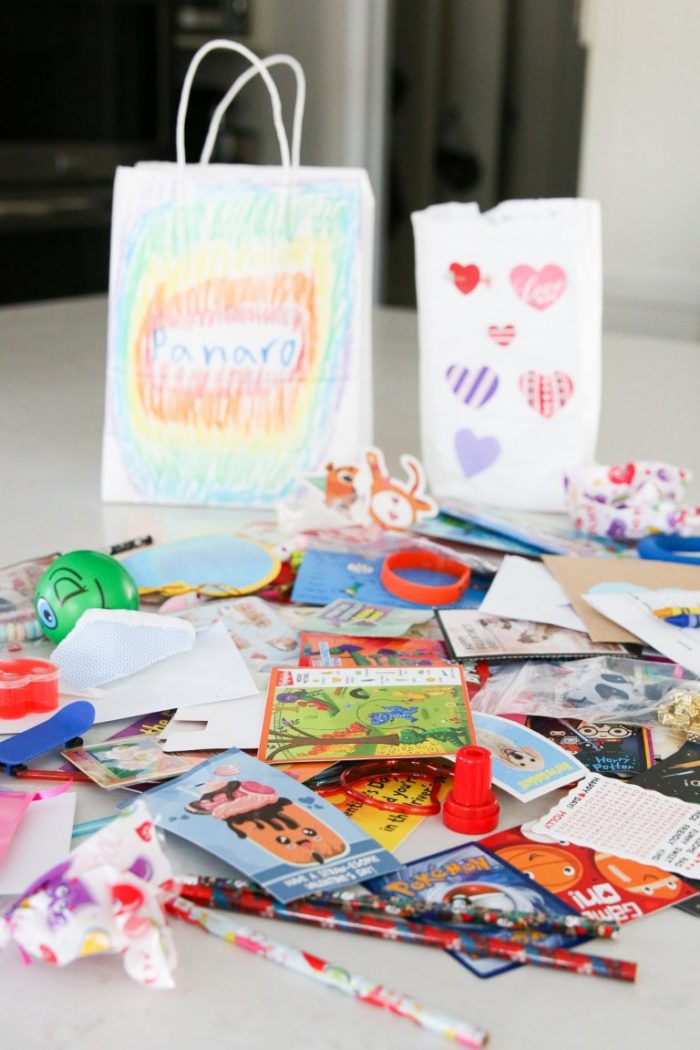
Decorative Plastic Bags
No. Decorative plastic bags are fun and cute. But you knew we were going to tell you they can’t go in your compost bin.
As packaging companies continue to evolve and make eco-conscious packaging alternatives, we may see decorative plastic bags made of materials like bioplastics that can go into a compost pile. For now, however, these are not widespread. Unless you’re absolutely certain that the bag is made of bioplastic, those decorative plastic bags belong in the trash.
Tape
It depends on the type of tape. Scotch tape, masking tape, washi tape, and most tapes from big box stores are made with plastic and cannot be composted. There are various types of paper tape that stick with water and our compostable after use. As with the decorative bags, however, unless you’re certain it’s compostable paper tape, it’s best to toss the tape in the garbage.
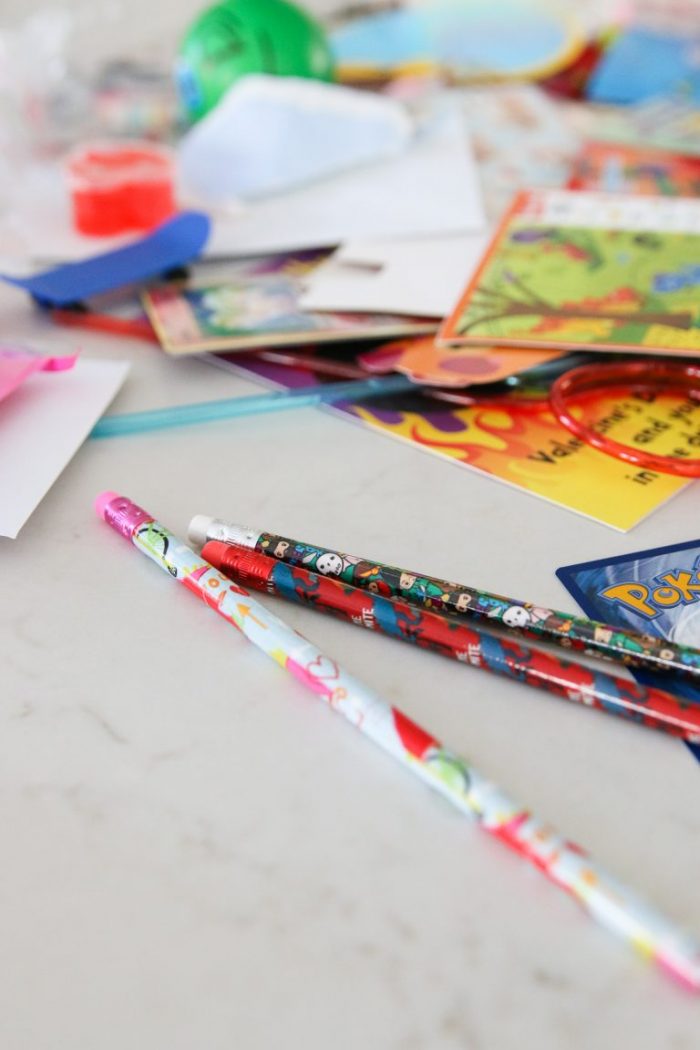
Pencils
So you probably won’t be tossing a whole pencil into a compost bin. That seems like quite a waste when you can actually use the pencil. But pencil shavings are definitely compostable. Empty your pencil sharpener shavings into the compost bucket.
Decorative pencils may have small amounts of paper or plastic on the outer layer of the pencil. However, these shouldn’t impact the viability of your compost pile. These small amounts of synthetic material will be tiny in your pile. Further, most of our water sources already have microplastics in them, so outdoor compost piles (and soil) will inevitably have trace amounts of microplastics in them.
The graphite markings on the paper also are fine to compost, so paper with pencil markings on it can head to your compost bin as well.
Most mechanical pencils are made of plastic. Those unfortunately will ultimately end up in the trash when they break or are no longer useful.
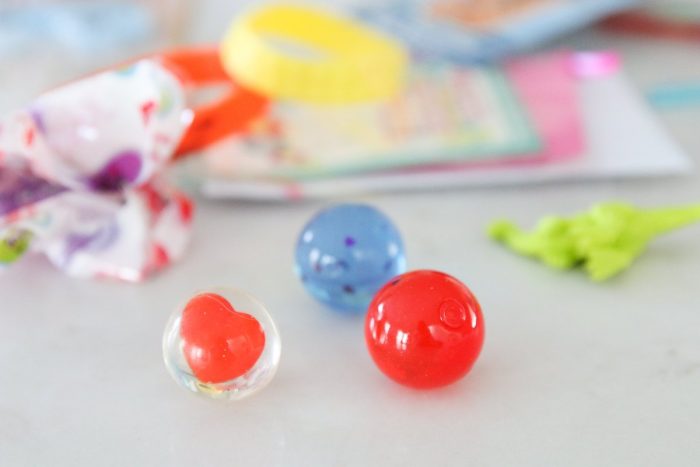
Plastic Toys
Nope. Nope. Nope. By now, you know the drill with respect to plastic. It does not break down in a compost bin and will contaminate your finished compost.
If you have an abundance of small plastic toys, you might consider repurposing them for other things instead of throwing them out. For example, small animal figurines make great cake decoration toppers.
If you’re especially savvy, you might save all those little plastic bouncy balls and skateboards to regift next year instead of buying something new, if you feel compelled to put small toys into your children’s Valentine’s gift bags. Reusing, repurposing, and regifting are all much better options than throwing things in the trash.
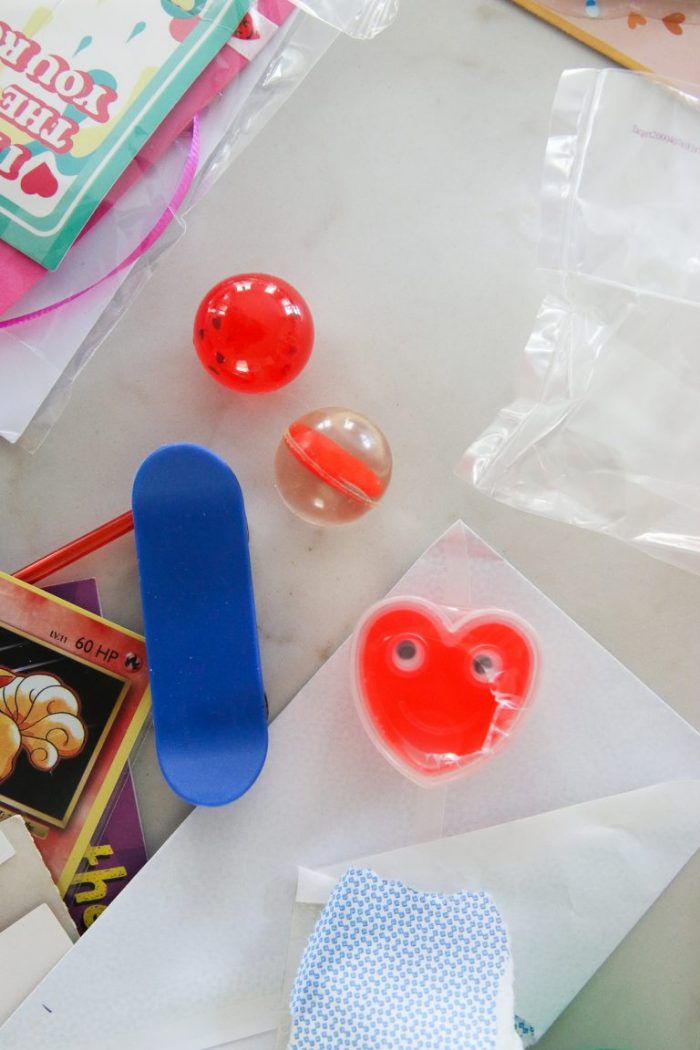
Wondering whether or not you can compost other traditional Valentine’s Day gifts and items? Leave a comment, and we’ll do our best to answer.
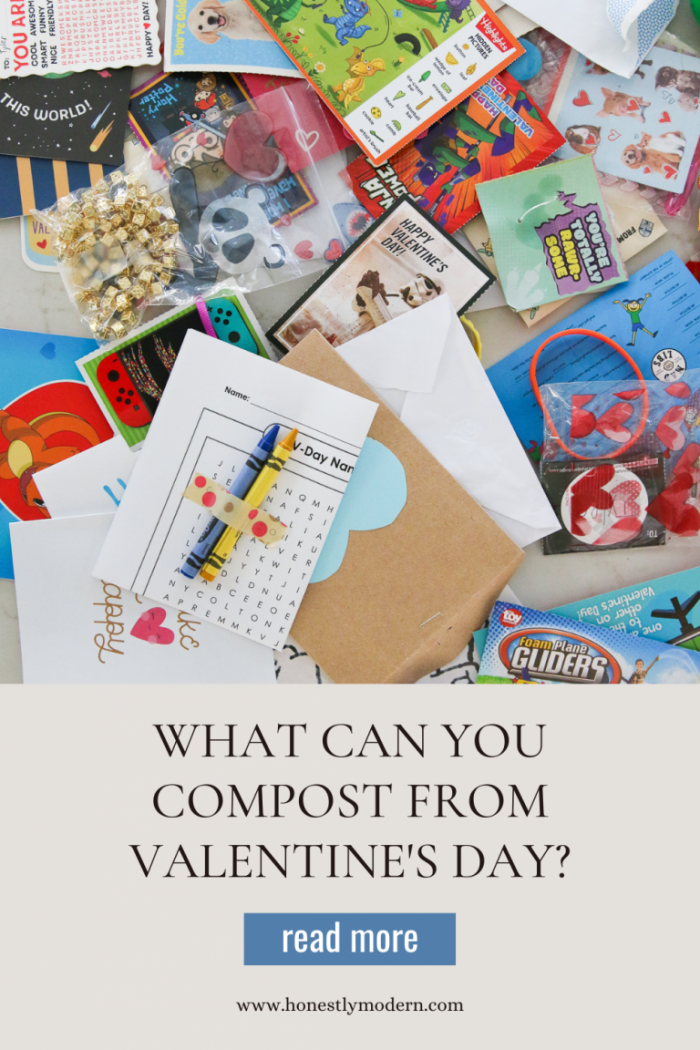

Jen Panaro
Jen Panaro, founder and editor-in-chief of Honestly Modern, is a self-proclaimed composting nerd and advocate for sustainable living for modern families. To find her latest work, subscribe to her newsletter, Stepping Stones.
In her spare time, she’s a serial library book borrower, a messy gardener, and a mom of two boys who spends a lot of time in hockey rinks and on baseball fields.
You can find more of her work at Raising Global Kidizens, an online space to help parents and caregivers raise the next generation of responsible global citizens.

